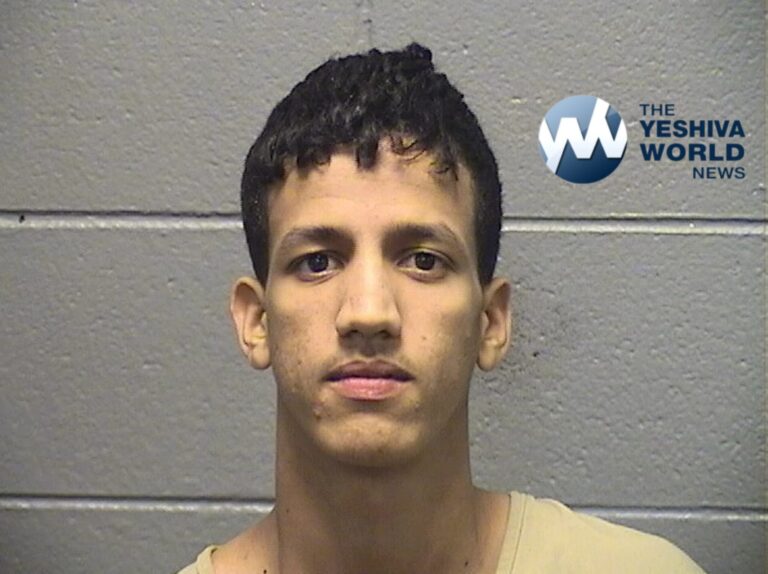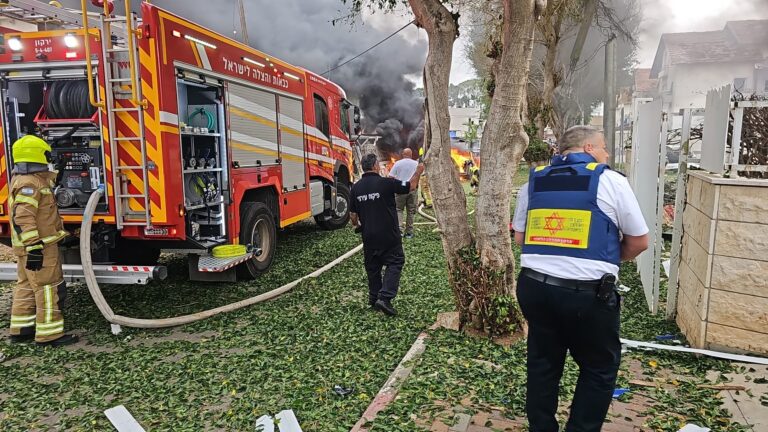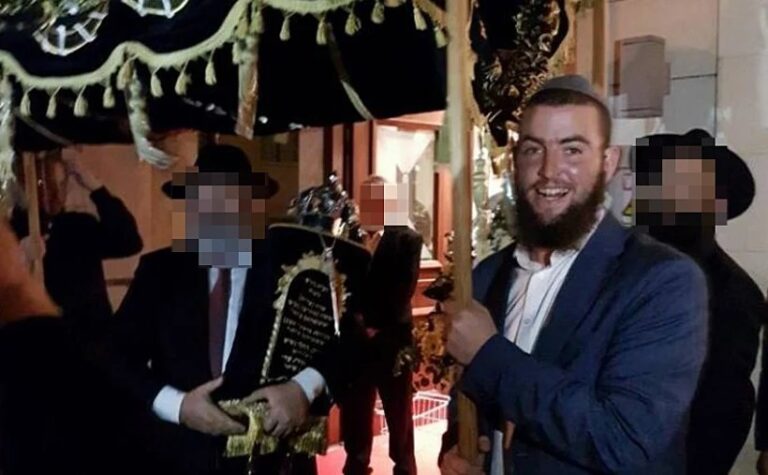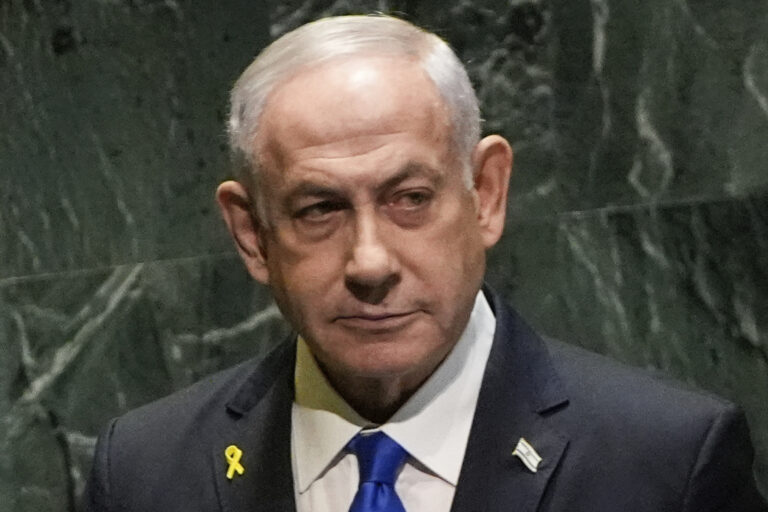The dilapidated area along Route 9, known here as “Gateway North,” should be declared a redevelopment zone and be incorporated into the township’s roadmap for future development, according to the Lakewood Development Corp.
The corporation voted Tuesday to recommend that the Township Committee direct township planners to study how to establish the northern Route 9 corridor as an area for redevelopment.
The idea is to make the location more inviting and upscale, said Rabbi Moshe Zev Weisberg, corporation chairman.
Earlier this year, the corporation paid about $35,000 for a study on how to improve the greater area around the long-abandoned Jamesway shopping center on Route 9. The area covers about 17 acres bounded by Route 9, Kennedy Boulevard, Clifton Avenue and the Metedeconk River. The report, produced by Stearns Associates LLC, a Hunterdon County firm, recommended that the area be designated a redevelopment zone. Lakewood’s 1999 master plan already recommended that area be identified as a redevelopment zone, said Russell K. Corby, corporation executive director.
The study calls for a variety of improvements, including better parking, lighting, landscaping and other beautification measures.
The proposed redevelopment zone is part of Lakewood’s Urban Enterprise Zone and includes an assortment of rundown properties. The most recognizable is the 6.6-acre Jamesway parcel. Beth Medrash Govoha, the downtown rabbinical college, bought the property in 2000 for $1.9 million in 2000. The college wants to revamp the building and parking lot as a small business incubator for start-up firms. Part of the property also would include a health clinic.
The vote Tuesday did not involve any approvals or funding for such a plan, but rather, focused on the push to establish a redevelopment zone. Discussions about specific projects will be held later.
Some residents have raised concerns about the redevelopment designation, questioning whether it is appropriate to use public funds to refurbish privately owned property.
Lynn Celli, a corporation board member, has similar concerns. Celli was the lone member Tuesday who voted against recommending the Planning Board conduct a “formal study” on how to establish a redevelopment zone.
“I still have a lot of questions on who’s going to be paying for this,” she said.











6 Responses
Nice to know that BMG has enough money to invest in real Estate…. I hope they mention that at the next big dinner
i hope bmg makes money off of it. logic whats wrong with a yeshiva investing?
There is nothing wrong with a Yeshiva investing in real estate. Many times a rich person will give it to a Yeshiva for the sole purpose of expanding. There was a situation of a Yeshiva that bought a large vacant piece of property in Brooklyn to build a new building for their high school and bais medrash. After staying empty for 3 years, they realized that they could not afford the project. They then sold it to another Yeshiva who had donors willing to give the entire amount. The original yeshiva walked away with a 4 million profit. You know what they did with that money? They lowered the tuition for all those parents who had a hard time paying and in some instances did not charge at all. It was a situation where the parent body came out the winner. Is there anything wrong with that? Most definitly not.
To Chanie:
There is certainly nothing wronge with that. But you happen to be sharing probably the absolute best case scenario.
Unfortunately…….[sigh]……….need I continue?
Sometimes the situation is such that could be compared to colleges, where they’re swimming in funds, yet they cry poverty, and hike up their tuition.
Sometimes the annual appeal is just another means of raising additional income for an establishment that is already flush with money. I think that’s wrong. Sometimes it’s more about greed, and less about ‘the struggle to pay the bills’.
Any organization that has ‘investments’ should learn from your example as the right way of doing it.
I don’t know what kind of upscale developement they have in mind. It would not be appropriate for dwellings, because of the unhealthful situation of the electric wires that run across that area. As for shopping – who needs more shopping, There’s already an overabundance of strip malls all along Rte. 9. How much shopping does this town need already?
To Wedwo:
While there are certainly some yeshivas that have money, they tend to cater to upper middle class to wealthy families and are private family ownership. But they pay their Rabbiem in the $75,000 to $90,000. But most Mosdos are struggling for their daily existence. When you have a girl school in Boro Park that happens to be the largest in the world in debt for close to $10 million because of expanding and being promised the money by a few rich people and then they do not come through with their pledge and is therefore struggling to keep their doors open, this is only one of many legit hardships. I could name you dozens of cases to prove my point. I wish I was wrong. I have siblings in Chinuch in Lakewood and Brooklyn, and my husband has friends that are administrators in Yeshivas and Bais Yaakovs and the story is the same. There is really no money.